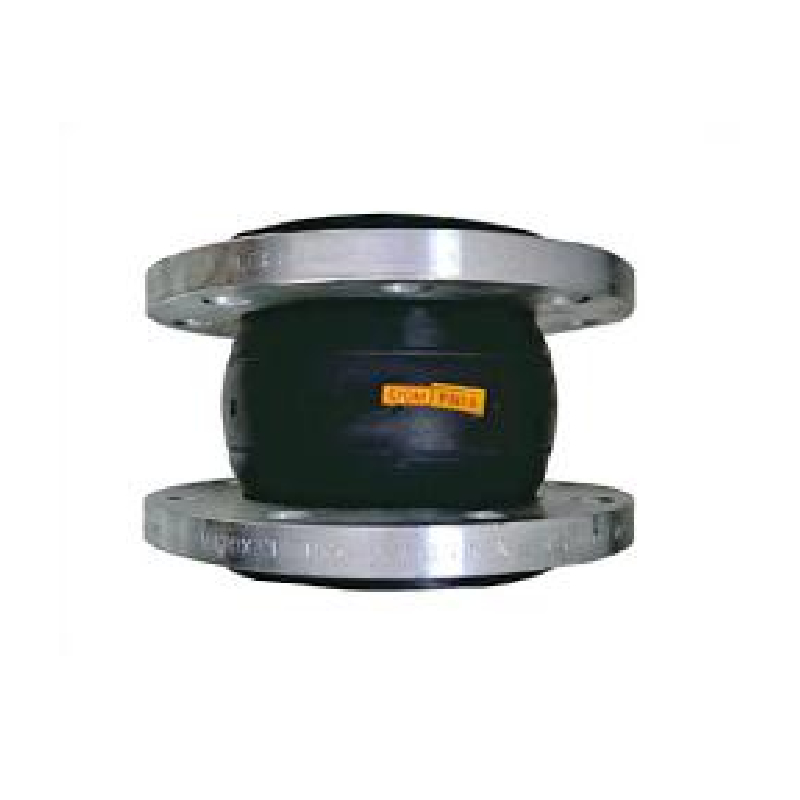Dùbh . 06, 2024 23:51 Back to list
electric wire cable
Understanding Electric Wire Cables Types, Uses, and Safety Considerations
Electric wire cables are essential components in electrical installations, ranging from household circuits to large-scale industrial systems. Their primary function is to carry electrical current, which powers everything from lights and appliances to heavy machinery. Understanding the types, applications, and safety considerations of electric wire cables is crucial for anyone involved in electrical work or simply interested in how electricity is delivered to systems we rely on daily.
Types of Electric Wire Cables
Electric wire cables come in various types, each designed for specific applications. The most common types include
1. Non-Metallic Sheathed Cable (NM Cable) Often referred to as Romex, this type is commonly used in residential wiring. NM cable consists of two or more insulated conductors and a bare ground wire. Its lightweight and flexibility make it easy to install, although it is not suitable for wet or damp locations.
2. Underground Feeder Cable (UF Cable) Designed for underground installations, UF cable is robust and moisture-resistant. It is typically used to supply power to outdoor lighting, tools, and even sheds or garages.
3. Armored Cable (AC) This type of cable has a protective metal sheath, providing added durability against physical damage. It's often used in commercial applications or in areas where the cable might be exposed to impact.
4. Service Entrance Cable (SE) Used to bring electricity from the utility company to the main distribution panel in a building, SE cable is engineered for outdoor use and can withstand various environmental conditions.
Applications
electric wire cable

Electric wire cables are used in countless applications. In residential settings, they power lights, outlets, and appliances, forming the backbone of any electrical system. In commercial buildings, cables are integral for lighting, heating, and powering equipment necessary for business operations. In industrial settings, heavy-duty cables are used to support large machinery and automated systems, often requiring specialized types of insulation and protective coverings to ensure safety and functionality.
Safety Considerations
Safety is paramount when working with electric wire cables. Here are key considerations to keep in mind
- Correct Gauge Choosing the right gauge or thickness of the wire is essential to safely handle the electrical load. A wire that is too thin can overheat and potentially cause a fire, while a wire that is too thick may be unnecessarily expensive and difficult to work with.
- Proper Insulation Insulation protects wires from environmental factors and prevents accidental contact with conductive materials. It’s crucial to use cables rated for specific environments—such as wet or dry locations—to ensure safety.
- Code Compliance Always adhere to local building codes and electrical standards. The National Electrical Code (NEC) provides guidelines for electrical installations to ensure safety and functionality.
- Regular Inspections Periodic checks of electrical systems can identify potential hazards such as frayed wires or signs of overheating. Timely maintenance can prevent accidents and ensure the longevity of electrical installations.
- Professional Installation For complex jobs, hiring a licensed electrician is highly recommended. Professionals have the training and experience to ensure that installations are safe and compliant with regulations.
In conclusion, electric wire cables are critical components of our electrical systems, with diverse types and uses tailored to various applications. By understanding the different types available, their applications, and fundamental safety practices, individuals can ensure the reliable and safe use of electrical systems in their homes and workplaces. Whether you are a do-it-yourself enthusiast or a professional electrician, knowledge about electric wire cables is invaluable in fostering effective and safe electrical solutions.
Share